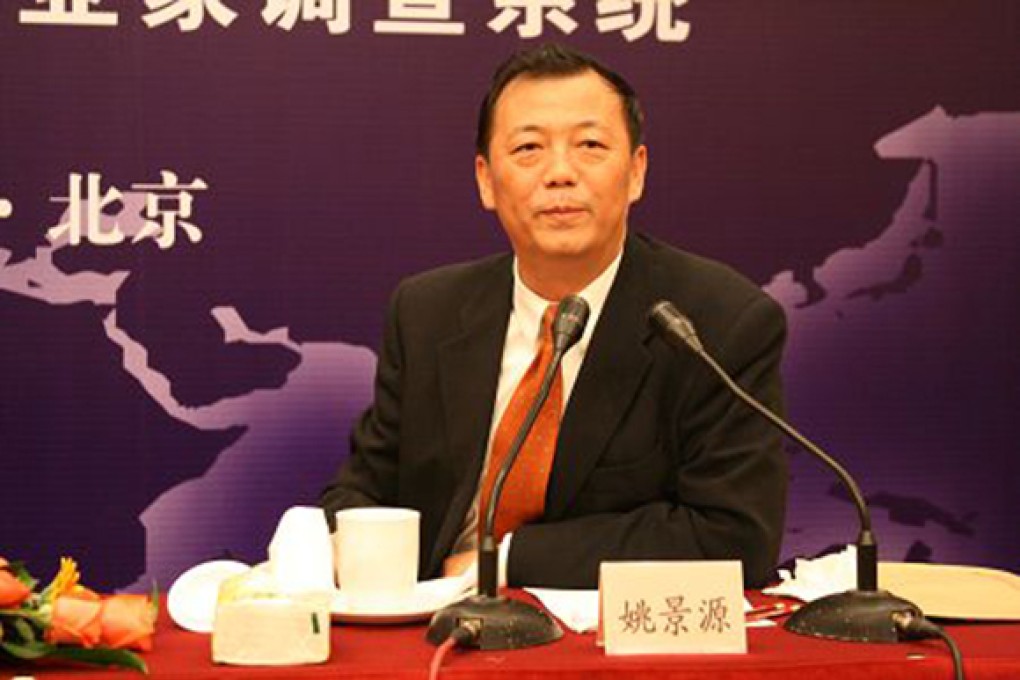A dog could run China’s banking system, says former statistics bureau spokesman
Yao Jingyuan predicts economic growth in 2014, but has harsh words for China's banks

The former chief economist and spokesman of China’s National Bureau of Statistics estimated that the mainland’s economy grew 7.7 per cent in 2013, while also making a scathing criticism of China’s banking industry, likening it to an automated system that even a dog could successfully run.
“Banking in China has become like a highway toll system,” Yao Jingyuan said at a Saturday summit on China’s economy held at Nanjing University. “Banks charge every time money goes through them.
"With this kind of operational model, banks will continue making money even if all the bank presidents go home to sleep and you replaced them by putting a small dog in their seats.”
With this kind of operational model, banks will continue making money even if all the bank presidents go home to sleep and you replaced them by putting a small dog in their seats
Yao added that there were no longer any real bankers in China, and that most bankers had become “freeloaders” who latched onto the wide profit margin they could enjoy by taking advantage of interest differences between deposits and loans.
Apart from critising the banking system, Yao estimated that China’s GDP grew at 7.7 per cent in 2013, but added that the country’s economy would face several major issues in the near future.
Chief among these were an eventual economic downturn and a surplus of production in numerous service industries including steel, cement and shipbuilding - all of which suffered financial losses at the end of 2013 due to excess output.
Under current circumstances, Yao added that university graduates in the upcoming year would have great difficulty finding employment opportunities in China’s service sector.
China’s creative talent was also discussed at the summit. Cornell University professor Soumitra Dutta said that China’s innovation output index ranked 25th in the world, but added that Chinese entrepreneurs needed to improve their tolerance of failure and take on greater innovative risks if they wanted to attract more venture capitalists.